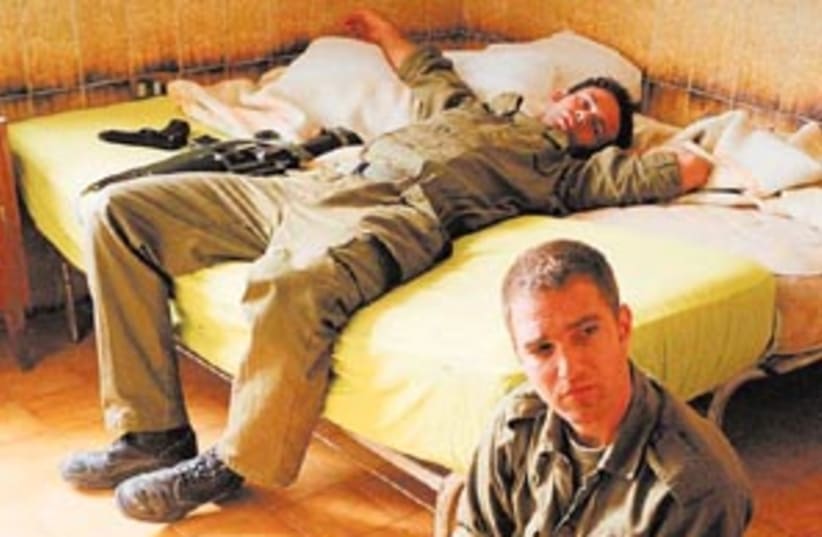| More about: | Italy, Academy Award, The Syrian Bride, Mohammad Bakri |
Oscars reject Italy's 'Private' submission
Producers hint disqualification due to pro-Palestinian slant, Academy says it's over language.


| More about: | Italy, Academy Award, The Syrian Bride, Mohammad Bakri |